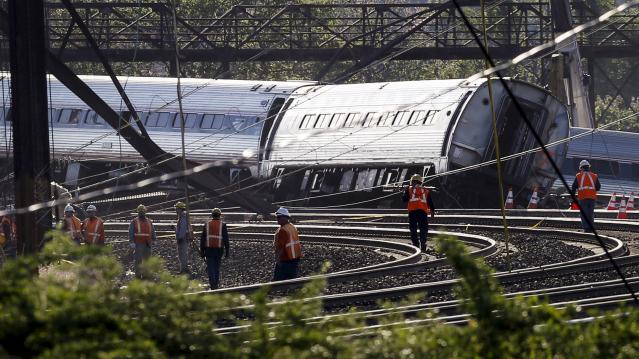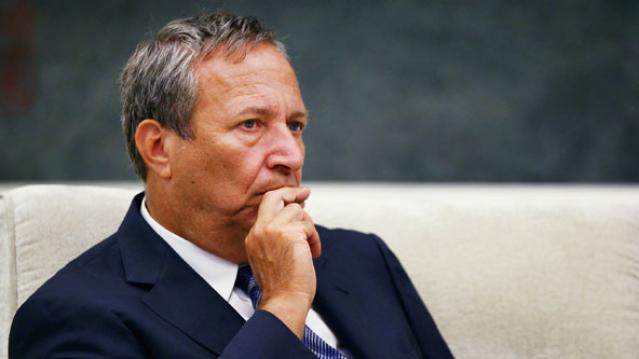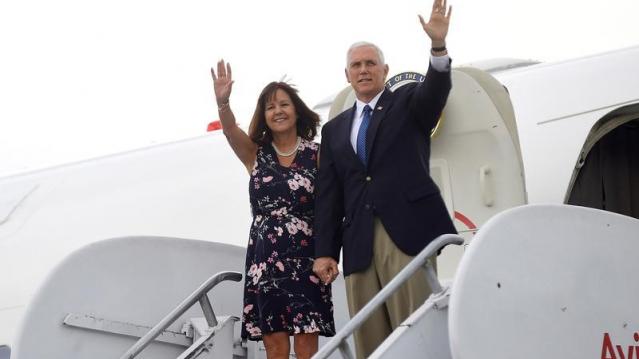After the Amtrak Crash: Finding the Money to Fix Our Infrastructure

The Amtrak derailment in Philadelphia that left six people dead and dozens more injured has already prompted calls for increased infrastructure spending. "This one is a wake-up call," New York City Mayor Bill de Blasio said Wednesday on MSNBC’s Morning Joe. "We have got to get serious about investing in infrastructure."
There have been other wake-up calls before, and the dire need for infrastructure renewal isn’t news. Yet, as Politico’s Kathryn A. Wolfe reported, the deadly crash occurred just as a House panel was set to mark up a bill that would cut Amtrak’s funding for 2016 to $1.13 billion, or about $250 million less than the railroad service typically gets. (To be fair, it’s also not clear at this point what caused the horrific Amtrak derailment and whether infrastructure problems played a part or not — and the number of rail accidents each year has actually fallen significantly since 2006, according to Federal Railroad Administration data.)
Related: At Least 6 Die in Philadelphia Train Derailment, Scores Hurt
Even before the Amtrak tragedy, though, de Blasio and Oklahoma City Mayor Mick Cornett, a Republican, along with some two dozen other mayors were scheduled to travel to Washington, D.C. today to press Congress for a long-term renewal of the federal transportation authorization bill. The current funding law is set to expire May 31.
Pretty much everyone agrees that it’s well past time for the country to repair and rebuild its dangerously dated bridges, roads, railways, water mains and other critical infrastructure. The hold-up has always been over how to fund it.
Here’s one suggestion: The U.S. has spent some $110 billion on rebuilding Afghanistan, including billions that can’t be accounted for or that the inspector general has found have been wasted. That’s a drop in the bucket compared to the trillions in domestic infrastructure spending that some have called for. Still, clamping down on that waste in Afghanistan, and on other money being frittered away, might allow for some spending to be redirected to other necessary and more productive needs, like domestic infrastructure.
That’s not to suggest we must entirely abandon nation building abroad in order to rebuild this country. It’s just to point out that Congress should be able to find the money to address our national priorities, something it has miserably failed to do of late.
Quote of the Day - October 16, 2017
Speaking at a cabinet meeting on Monday, President Trump said:
"Obamacare is finished, it's dead, it's gone ... There is no such thing as Obamacare anymore."
Click here for the video.
Poll: Trump Tax Cuts Favor the Wealthy; Deficit Should Be Higher Priority
Trump and the GOP still have work to do if they want to convince Americans that their tax plan won’t mostly help the rich. A CBS News Nation Tracker poll released Sunday finds that 58 percent say the tax reforms being discussed favor the wealthy, while 19 percent say it treats everyone equally and 18 percent say it favors the middle class.
The poll also found that 39 percent say that cutting the deficit should be a priority, even if it means taxes stay the same. About half as many people said cutting taxes should be prioritized even if the deficit rises.
The poll, conducted by YouGov, surveyed 2,371 U.S. adults between October 11 and 13. Its margin of error is 2.5 percent.
Coporate Tax Cut Could Be Phased In
House tax writers (at least some of them) are worried that slashing the corporate tax rate found will push the deficit higher in a hurry – an analysis by the Tax Policy Center found that cutting the rate to the stated goal of 20 percent would cost $2 trillion over a decade. One way to soften the fiscal blow would be to phase in the reduction over three to five years. House Republicans say such an approach would reduce the size of the lost revenue by half.
Larry Summers: GOP Tax Claims Are 'Made-Up'

Former U.S. Treasury Secretary Lawrence Summers isn't happy with the Republican tax plan, and it's not just because he has a different set of ideas as a Democrat. More fundamentally, he says Republicans are making false claims: “When you have -- and I hate to be in a position of using this word about our government -- when you have senior economic officials making claims that are made-up ... it’s very hard to have a dialogue, and compromise, and get to a good place.”
Summers is also worried about the effects of a tax cut for the rich during a time of considerable social turmoil: “There’s a lot of unhappiness and anger out there … It’s really hard to see why focusing a corporate tax cut on those at the very high-end is going to do much to assuage that anger.”
How Much Did Mike Pence’s NFL Walkout Cost Taxpayers?

Vice President Mike Pence’s decision to attend an NFL game between the Indianapolis Colts and San Francisco 49ers yesterday and then leave after some 49ers players kneeled during the national anthem was quickly criticized by some as a planned piece of political theater — and a somewhat expensive one at that. “After all the scandals involving unnecessarily expensive travel by cabinet secretaries, how much taxpayer money was wasted on this stunt?” Rep. Adam Schiff (D-CA) tweeted Sunday afternoon.
The answer, CNN reports, is about $242,500: "According to the Air Force, flying a C-32, the model of plane used for Air Force 2, for one hour costs about $30,000. Pence's flight from Las Vegas to Indianapolis Saturday took about three hours and 20 minutes, so it cost about $100,000. Pence then flew from Indianapolis to Los Angeles on Sunday, which took about four hours and 45 minutes, costing about $142,500."
President Trump defended Pence’s trip, tweeting that it had been “long planned.” CNN also reports that some of the costs of Pence's flight from Indianapolis to Los Angeles will be paid back by the Republican National Committee because the vice president is attending a political event there.
